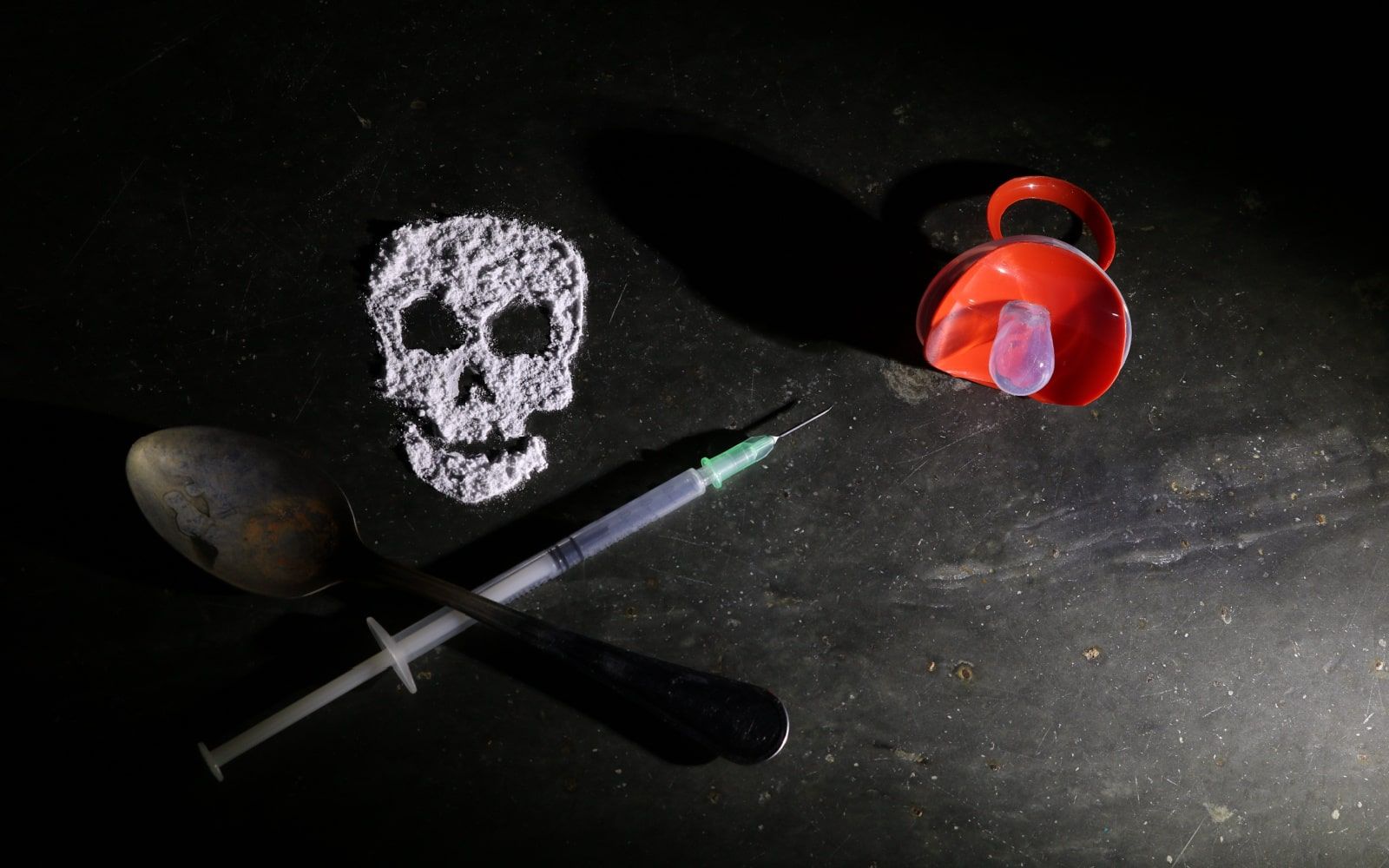Neonatal Abstinence Syndrome (NAS) occurs in newborns exposed to certain substances during gestation. The reason for this exposure varies widely, from abuse of narcotics to the mother taking prescription medication to control pain or other conditions. The end result is a challenging post-birth experience for both the mother and the infant. Here at Capital Women’s Care Rockville, we can provide the required support and care to help you navigate this difficult time. Keep reading to learn more about NAS and how our team can prepare you and your child to survive and thrive.
Understanding Neonatal Abstinence Syndrome And How To Manage It
NAS is classified into a variety of different types, with NOWS (Neonatal Opioid Withdrawal Syndrome) being among the most common example. NOWS occurs when the baby is going through withdrawal from opioids that were taken during pregnancy. Opioids are a severe problem in America today, both on the streets and in the hands of doctors. Steady steps have been made to reduce the number of opioids prescribed to patients to control pain. It is reserved for when the pain proves intractable or unresponsive to other medications. Regardless of whether the opioids in question were acquired illegally or taken as part of a prescription from your doctor, the outcome can be the same.
Some symptoms that infants experience as part of NAS include:
- Shaking, trembling, and jerky movements
- Stiff arms or legs
- An unusually large startle reflex
- Vomiting or diarrhea
- Difficulty breathing
- Excessive yawning
- Blotchy skin
- Nasal congestion and sneezing
- Seizures
Not all children born to mothers taking addictive substances during their pregnancy will develop NAWS, and not all those will show symptoms. There are a plethora of factors involved that determine the likelihood of NAS and the severity of the symptoms. It’s equally essential that the mother receive care for their addiction as they go through withdrawal. Multiple resources are available to help out mothers and their children going through this experience.
When you’re helping your baby go through the symptoms of NAS, there are numerous things you can do to help them thrive. These include:
- Provide skin-to-skin contact and hold your baby close. This comforts and soothes them.
- Rock your baby and cuddle them, but don’t stroke or pat.
- Swaddle your baby tightly and give them a pacifier
- Play music that is soothing, hum to them, or sing softly.
- Feed them in a quiet and calm place. Eating can take a lot out of your baby, so give them space to do it.
NAS can be prevented by avoiding the use of narcotic medication during your pregnancy. If you’re currently dependent on an addictive substance for pain control or due to recreational use, seek help before getting pregnant. Not using these substances during your pregnancy is the only way to ensure you don’t experience NAS.
Reach Out To Capital Women’s Care Rockville For Help
Our team of women’s health experts is available to help you work through the struggles associated with NAS. Whether you’re preparing to get pregnant and need resources to stop the use of addictive substances or have already given birth, you can call (301) 762-5501 to get the help you need.


